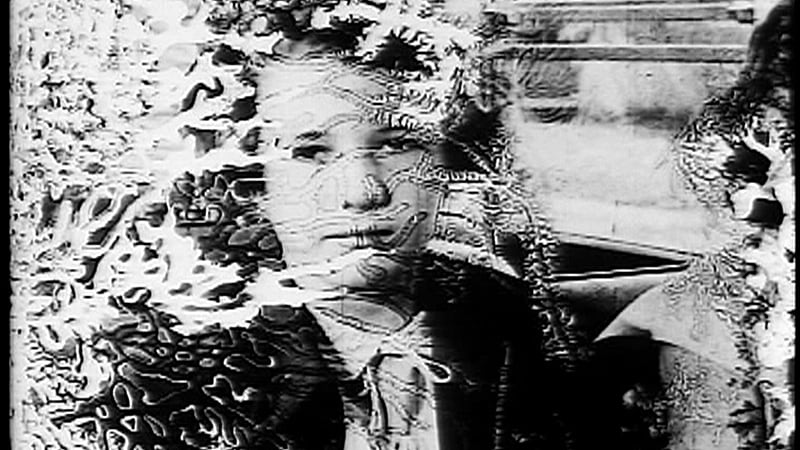For fans of arthouse, foreign and experimental cinema, the pickings on the usual streaming suspects (Netflix, Hulu, Amazon Prime) are pretty slim. Even the deep catalogs at the Criterion Channel and Mubi tend to hew to the middle of the road. So if you're in the mood for some challenging and enriching films from across the globe, your best bet these days is OVID.tv.
Launched in March 2019, this streaming service obtains content from some two dozen film distributors, including Women Make Movies and First Run Features, that offers a slew of features and documentaries rarely seen outside the festival circuit and that are even harder to find on DVD.
Now, OVID.tv is only getting stronger. Programmers just announced an ambitious slate of releases for September that includes seven silent film adaptations of Shakespeare plays from the early 20th century and a collection of work from pioneering Black gay director Marlon Riggs. While we encourage you to dive in and see what piques your interest, here are six recommendations to get you started.
Invisible Adversaries (1977)
The first film by Austrian artist Valie Export has a slightly similar plot to John Carpenter's sci-fi flick They Live—a solitary soul realizes aliens have secretly colonized the planet—but her take on this idea is far less cartoony and much more surreal. As fashion photographer Anna wrestles with this quiet invasion as well as her relationship with her lover Peter and her unstable mental state, the visual landscape of the movie becomes distorted and unsettling.
Our Daily Bread (2005)
Industrialized food production is put under the microscope in this documentary by Nikolaus Geyrhalter. Eschewing voice-over and intertitles, the director instead relies on long takes of machines and people at work picking lettuce, dusting crops and preparing various animals for processing. Hypnotizing and damning in equal measure.
Decasia (2002)
Editing together segments from various early 20th century silent films that have begun to crack with age, director Bill Morrison makes a strong, artful case for finding the beauty in life's impermanence. There's a rough narrative to be found in Decasia, but feel free to ignore that and get lost in the haunting images, like a prizefighter sparring with a blob of decay or a seascape that flutters with overexposure.
Black Is…Black Ain't (1994)
The final film that Marlon Riggs made in his tragically short life explores the beauty and diversity of the Black experience in America as expressed through both modern dance and the words of scholars like bell hooks, Cornel West and Maulana Karenga. The work is also a powerful reflection on the director's mortality, as he is seen throughout the film racing to finish the movie—at times working from a hospital bed—while his health declines due to AIDS-related complications.
Ava (2017)
Sadaf Foroughi based her first feature film on her own experiences growing up and pushing against the continued oppression of women in Iran. The titular teenager faces even more challenges at home, where she continues to butt heads with her controlling mother. The grinding humiliations and constant verbal battles can be difficult to endure, but the film is grounded by a knowing performance from newcomer Mahour Jabbari.
No Home Movie (2015)
The intimacy of Chantal Akerman's documentary is sometimes unsettling as the director lets us into conversations she had with her mother Natalia, in person and over Skype, in the months leading up to the elder woman's death. It moves with the same patient stillness as Akerman's 1975 masterwork Jeanne Dielman but is haunted by Natalia's experiences surviving Auschwitz and her slowly failing health.

